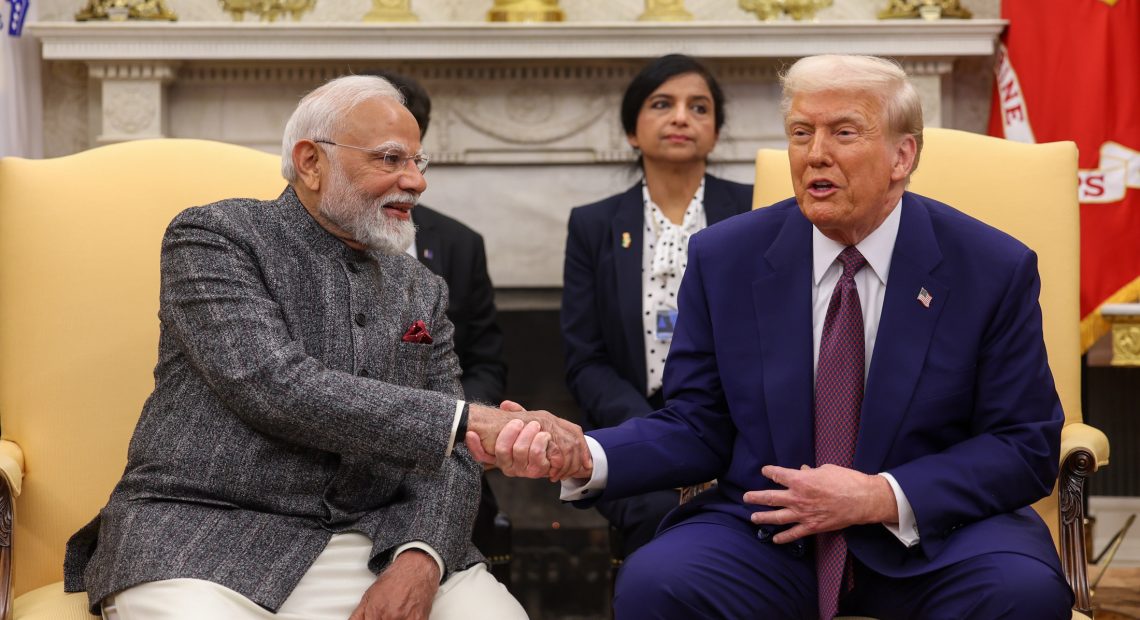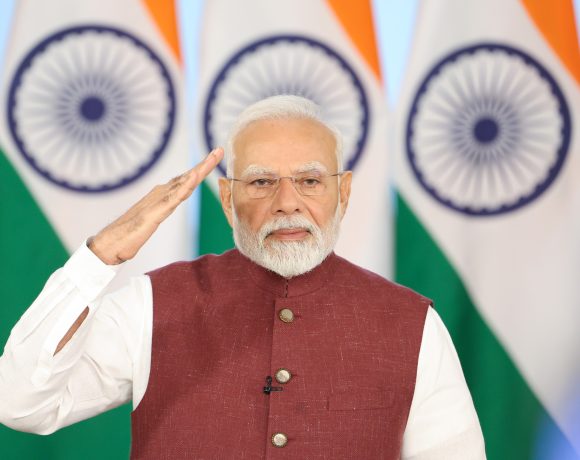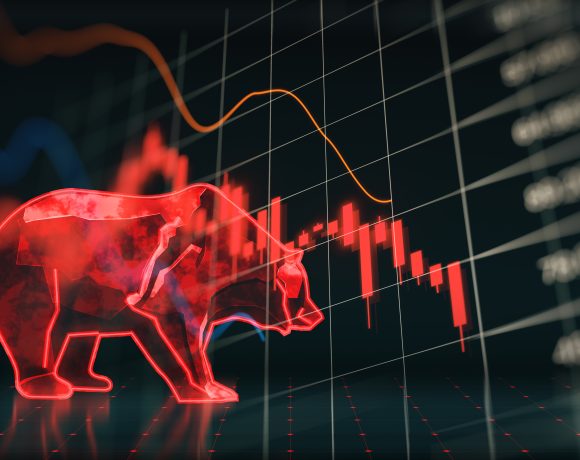
India May Allow GM Animal-Feed Imports in US Trade Deal
India is considering a significant trade policy shift by allowing the import of genetically modified (GM) animal-feed products from the United States as part of a broader mini trade agreement. With a July 9 deadline looming, the move is aimed at averting higher tariffs from Washington and concluding talks that have been in the works for several months.
GM Animal Feed Likely to Be Allowed
As per the proposed framework, India may permit the import of processed GM products such as soybean meal and distillers dried grains with solubles (DDGS), specifically for animal feed purposes. The move would not extend to human consumption or GM crop cultivation, which remain strictly prohibited in India. This limited concession reflects India’s cautious approach to biotechnology, balancing trade demands with domestic food safety and political sensitivities.
Trade Deal Deadline Set for July 9
The urgency of the decision stems from a fast-approaching July 9 deadline. If the deal is not signed before then, India risks facing higher tariffs on key exports to the US. American negotiators are pressing for quicker resolution, with Indian officials acknowledging that the two sides are “very close” to a final agreement. The inclusion of GM animal feed is seen as a calculated olive branch by India to clinch the deal without compromising core agricultural interests.
Sensitive Sectors Remain Off-Limits
While GM feed may be allowed, India continues to guard its domestic dairy and agricultural sectors. The government has drawn firm red lines on allowing GM foods for human consumption, as well as imports of key commodities like milk powder, cheese, corn, and soybeans. These sectors are heavily protected due to the influence of farmers’ lobbies and the socio-political importance of food security.
Regulatory Safeguards Under Consideration
To mitigate risks, India is exploring stringent regulatory controls. These include self-certification protocols for US exporters and a six-month inspection and quarantine process for DDGS imports. The aim is to ensure that the feed products remain strictly within the livestock sector and do not inadvertently enter the human food chain. These mechanisms will also help allay public concerns about the potential risks of GM contamination.
Economic and Political Implications
The decision, if finalized, could mark a shift in India’s trade and agricultural policy, allowing selective biotech imports for the first time in nearly two decades. Experts warn that without strict volume control and clear categorization, cheap GM feed imports could destabilize domestic prices, affecting over 20 million Indian soybean and maize farmers. However, for now, the government appears firm in ensuring the concession remains confined to non-edible, processed feed products only.


















